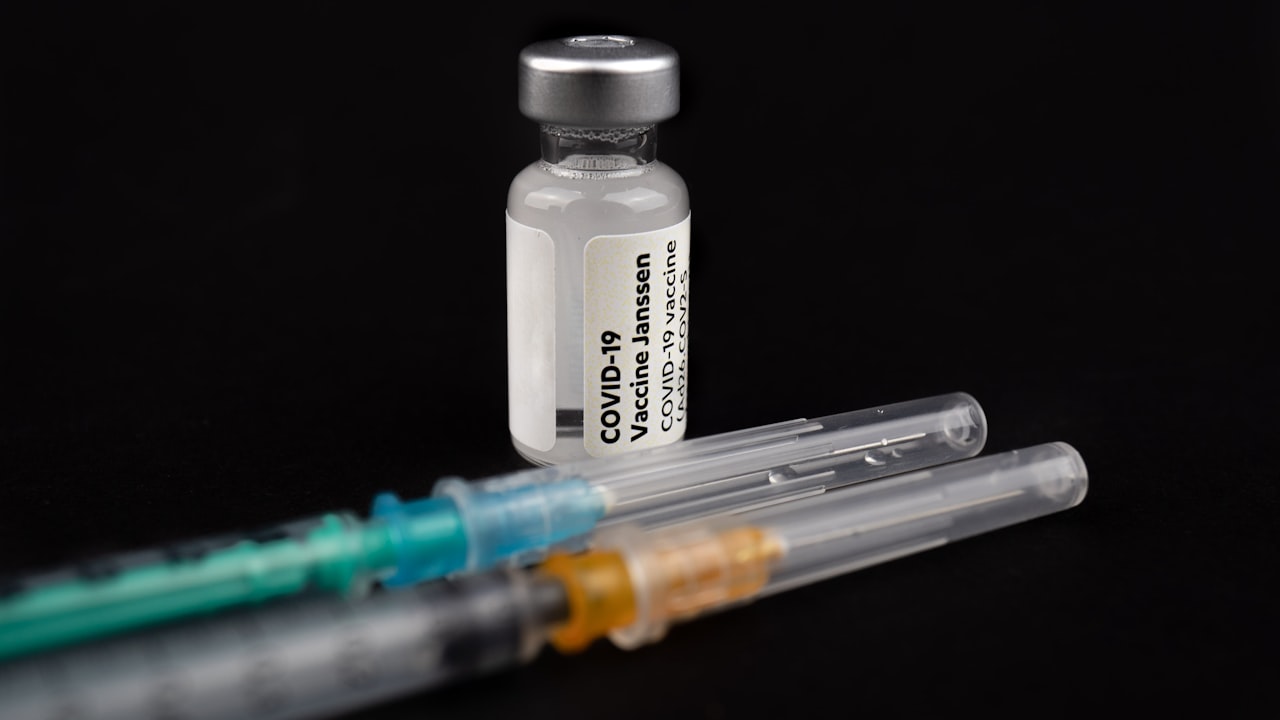Title: Advancements in Injection Molding Tooling: A Comprehensive Overview
Injection molding is a widely used manufacturing process that involves the production of parts and products by injecting molten material into a mold. The quality and efficiency of injection molding heavily rely on the tooling used in the process. In recent years, there have been significant advancements in injection molding tooling that have revolutionized the industry, providing manufacturers with improved precision, speed, and cost-effectiveness.
One key aspect of these advancements is the development of high-quality injection molds by specialized injection mold factories. These factories are equipped with state-of-the-art technology and machinery to produce molds with intricate designs and precise specifications. By working closely with injection mold suppliers, manufacturers can access custom-made molds tailored to their exact requirements, ensuring optimal performance and production efficiency.
Injection mold suppliers play a crucial role in the injection molding process, providing manufacturers with a wide range of mold options, including prototype molds, production molds, and high-volume molds. These suppliers work closely with manufacturers to understand their specific needs and deliver molds that meet the highest quality standards. With the growing demand for complex and innovative products, injection mold suppliers continue to innovate and improve their offerings to meet the evolving needs of the industry.
Advancements in injection molding tooling have also led to the development of multi-cavity molds, hot runner systems, and automation technologies. Multi-cavity molds allow for the production of multiple parts in a single shot, reducing cycle times and increasing productivity. Hot runner systems help to maintain consistent temperatures within the mold, resulting in improved part quality and reduced material waste. Automation technologies, such as robotics and digital monitoring systems, further enhance the efficiency and precision of the injection molding process.
Overall, the advancements in injection molding tooling have transformed the manufacturing industry, enabling manufacturers to produce high-quality parts and products at a faster pace and lower cost. By leveraging the expertise of injection mold factories and suppliers, manufacturers can stay ahead of the competition and meet the demands of an ever-changing market. The future of injection molding looks bright, with continued innovation and advancements driving the industry towards new heights of success.

 Title:
Title:  Title: Designing Precision Injection Molds for Optimal Product Quality
Title: Designing Precision Injection Molds for Optimal Product Quality Title: Designing Precision Injection Molds: A Comprehensive Guide
Title: Designing Precision Injection Molds: A Comprehensive Guide Title: Designing Precision Injection Molds: Key Considerations and Best Practices
Title: Designing Precision Injection Molds: Key Considerations and Best Practices Title: Designing Precision Injection Molds: Key Considerations for Manufacturing Success
Title: Designing Precision Injection Molds: Key Considerations for Manufacturing Success